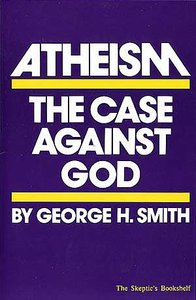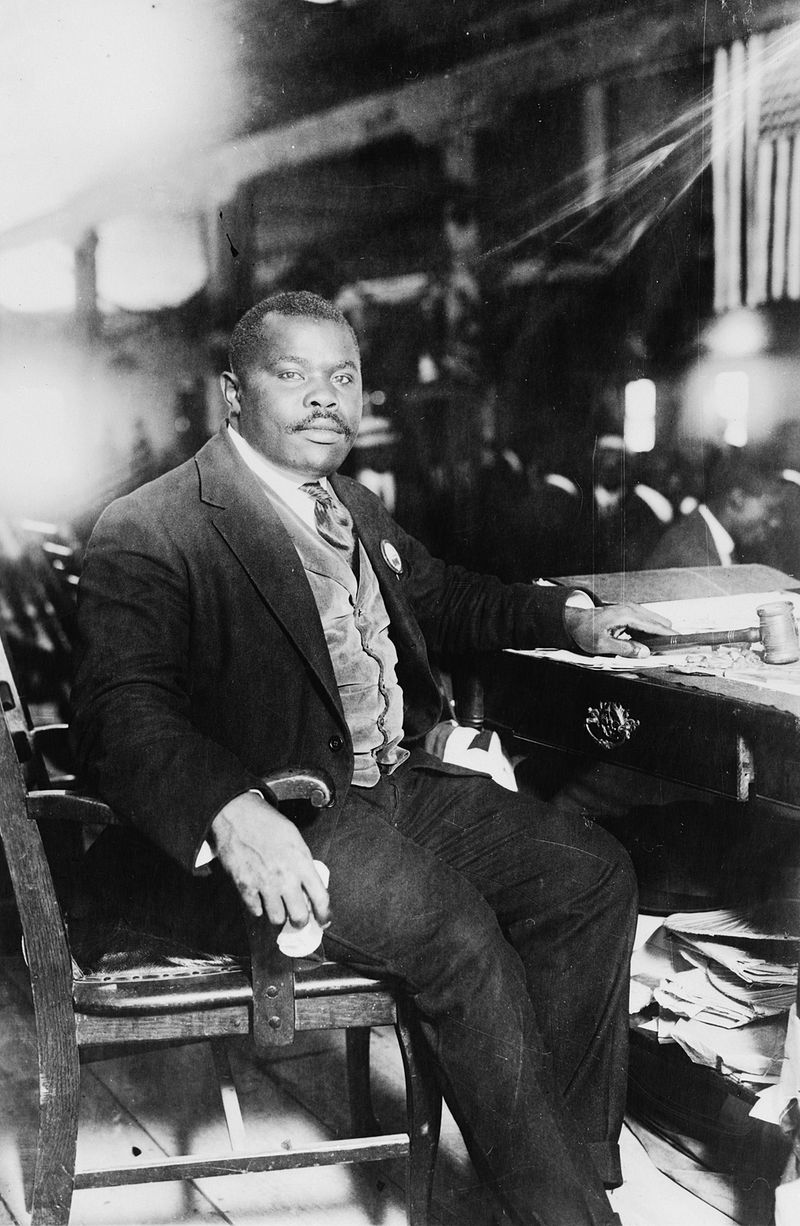When Jesus was brought before Pilate, “it was the day of the Preparation of the Passover” (John 19:14; emphasis added). Passover lay in the near future. And yet Jesus told his disciples, “With desire I have desired to eat this the Passover with you before I suffer” (Luke 22:15; emphasis added). What is commonly called “The Last Supper” was the Passover.
If, however, the arguments of Colin J. Humphreys’s The Mystery of the The Last Supper hold up, there is no discrepancy. We may believe Jesus did celebrate the Passover on Nisan 14, not according to the calendar devised during the Babylonian Exile, however, but according to the pre-exilic calendar of ancient Israel. Those calendars were as different from each other as, say, the Roman Catholic liturgical calendar differs from the equally serviceable calendar of the Eastern Orthodox.
The pre-exilic calendar, being 364 days in length, is evenly divisible by 7. In such a calendar, therefore, any given date falls on the same day every year. Therefore, that calendar’s Nisan 14 has always fallen on a Wednesday since the first Passover. Humphreys’s hypothesis, to which I cannot do justice here, dissolves apparent discrepancies that have challenged faithful readers of the Gospels.
For example, even though Jesus was arrested after eating His Passover, John’s Gospel has servants of the high priest Caiaphas conducting Jesus to Pilate’s hall of judgment before the “official” Passover: “and they themselves went not in the judgment hall, lest they should be defiled; but that they might eat the passover” (John 18:28b).
Continue reading “Two Passovers? What a difference a calendar makes.”


 And now, in concluding this investigation on the Evangelical side, a theoretical inquiry into Romans 13 for the Evangelical part, and then for the Catholic part an inquiry into the theological idea of the corpus mysticum Christi, so that the decadence I have repeatedly spoken of will come to light.
And now, in concluding this investigation on the Evangelical side, a theoretical inquiry into Romans 13 for the Evangelical part, and then for the Catholic part an inquiry into the theological idea of the corpus mysticum Christi, so that the decadence I have repeatedly spoken of will come to light. Since the
Since the 
 On August 13, 1920 Marcus Garvey presided at the convention of the United Negro Improvement Association held at Madison Square Garden in New York City. There he promulgated the
On August 13, 1920 Marcus Garvey presided at the convention of the United Negro Improvement Association held at Madison Square Garden in New York City. There he promulgated the 
 A Catholic Challenge to Modern Atheism is the subtitle of
A Catholic Challenge to Modern Atheism is the subtitle of 

 The Apostle Paul speaks of “gnosis falsely so called” (1 Timothy 6:20). Why not also “philosophy falsely so called”? How would that differ from philosophy according to the elements of this world? (Colossians 2:8)
The Apostle Paul speaks of “gnosis falsely so called” (1 Timothy 6:20). Why not also “philosophy falsely so called”? How would that differ from philosophy according to the elements of this world? (Colossians 2:8) In the discourse we call philosophy, noncognitive interests are in play, interests that compete with, threaten to interfere with if not overwhelm the interest in knowing the truth. Brand Blanshard—the one member of my pantheon of former philosophical heroes whom I could have met, but now regret never having exerted myself to do so—acknowledged their efficacy:
In the discourse we call philosophy, noncognitive interests are in play, interests that compete with, threaten to interfere with if not overwhelm the interest in knowing the truth. Brand Blanshard—the one member of my pantheon of former philosophical heroes whom I could have met, but now regret never having exerted myself to do so—acknowledged their efficacy: